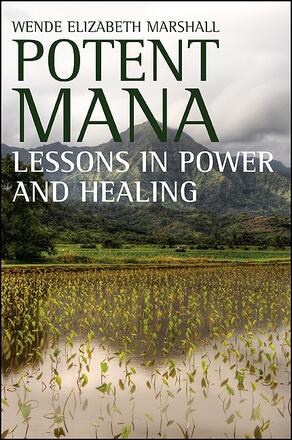
Potent Mana
Lessons in Power and Healing
Alternative formats available from:
Brilliant study of the effects of colonialism on the physical, mental, and spiritual health of Native Hawaiians, and their efforts to decolonize through healing and remembering.
Description
Brilliantly elucidating and weaving together the forces of indigenous sovereignty, colonialism, and personal health, Potent Mana offers a uniquely holistic and intimate portrait of the long-term effects of colonialism on an indigenous people. , the kānaka maoli (Native Hawaiians). An ethnographic exploration based on fifteen months of research, the book moves the conversation on the dangerous effects of colonialism forward by exploring the theories and practices of Native Hawaiians engaged in decolonization. Decades of substance abuse, mental illness, depression, language loss, and the concomitant dispossession from sacred lands have accompanied colonialism. Consequently, healing, both mental and physical, are essential to decolonization and indigenous sovereignty in twenty-first century Hawai'i. Native Hawaiian-run treatment centers and clinics more than political rallies are centers for healing and decolonization on O'ahu today. The effects of colonialism and the measures taken to counter and move beyond it, as Wende Marshall convincingly argues, do not take place solely on a supralocal level but shatteringly involve the physical and emotional well-being of real individuals. Becoming decolonized is about overcoming the shame of colonialism, and requires a process of remembering the traditions of ancestors and reinterpreting and rewriting histories that have only been told from a colonial point of view. Decolonization is an indigenous perspective, and an understanding that health was impossible without political power and cultural integrity.
Wende Elizabeth Marshall is an anthropologist working on issues of race, colonialism, science, and medicine.